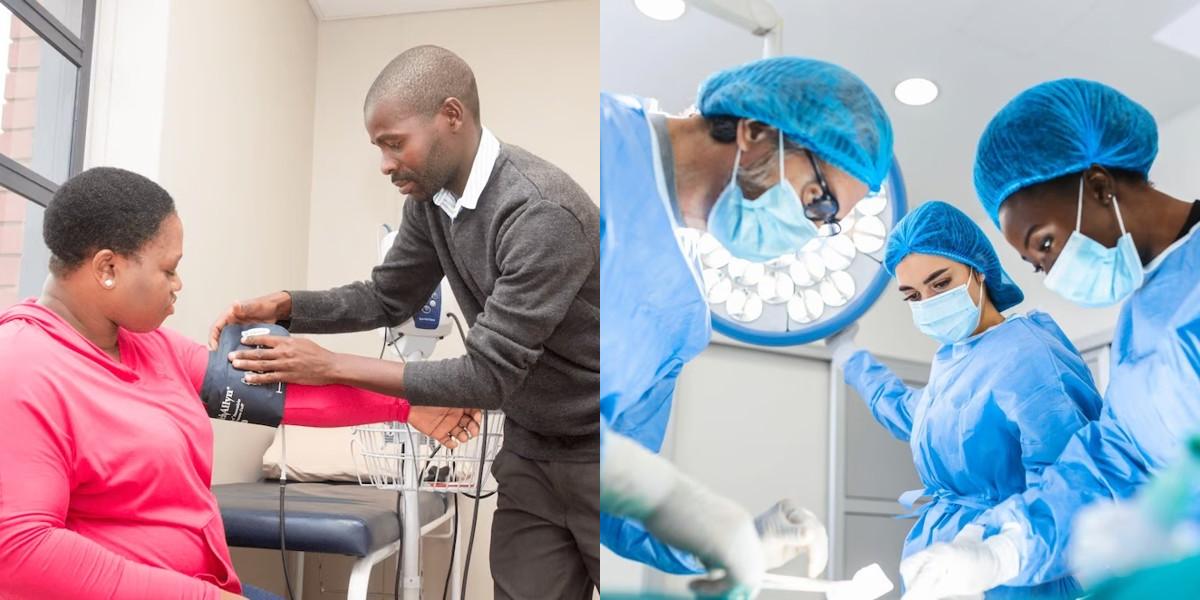Medical Assistant vs Surgical Technician

If you’re deciding between becoming a Medical Assistant (MA) or a Surgical Technician (Surg Tech), understanding the differences in job duties, training, and career potential can help you choose the best fit. Both careers are essential in healthcare, but they serve patients in very different ways.
Career Outlook and Salary
Medical Assistant:
- Job Growth: Projected to grow 15% from 2023 to 2033—much faster than average.
- Median Salary: $44,200 (as of May 2024).
- Top Workplaces: Hospitals, outpatient care centers, and specialty clinics.
Surgical Technician:
- Job Growth: Expected to grow 6% from 2023 to 2033—faster than average.
- Median Salary: $62,830 (as of May 2024).
- Top Workplaces: Specialty hospitals, outpatient surgery centers, and employment services.
Common Questions
Which is better for me: Medical Assistant or Surgical Technician?
- It depends on your interests. If you enjoy varied responsibilities and patient interaction, becoming a Medical Assistant might suit you. If you’re fascinated by surgical procedures and prefer a more focused role, a career as a Surgical Technician could be the right fit.
Is Surgical Technician training harder than Medical Assistant training?
- Surgical Technician training is generally more specialized and intensive due to the nature of the work, which requires a deep understanding of surgical protocols and sterile techniques.
Can Medical Assistants assist in surgeries?
- MAs can assist in minor procedures but do not typically work in operating rooms or assist with major surgeries. That’s the primary role of Surgical Technicians.
Final Thoughts
Both Medical Assistants and Surgical Technicians are crucial to the smooth operation of healthcare settings. Choosing between the two comes down to your career interests—whether you prefer a role with a mix of clinical and administrative duties or one focused exclusively on the surgical environment. Whichever path you choose, you’ll be making a valuable contribution to patient care.
To learn more about training opportunities, check out:








